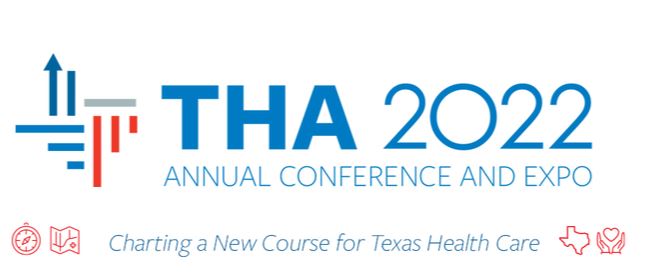A joint study from the Medical Group Management Association (MGMA) and Jackson Physician Search found physicians who completed training in the last six years stayed in their first jobs for an average of just two years – a number significantly lower than the average first-job tenure reported by physician respondents of all ages. This study, conducted in the fall of 2023, sought to understand the factors influencing young physicians to accept and stay in their first positions. The findings, reported in the “Early-Career Physician Recruiting Playbook,” show that recruitment bonuses and large salary guarantees may be necessary to attract newly-trained physicians, but retaining them will require a more nuanced strategy.
Factors Influencing First Job Decisions
Physicians overwhelmingly cited compensation among the top factors influencing their first job decisions, but when asked what made them leave their first jobs, the responses show a shift in priorities. The most commonly cited reason (noted by 35% of respondents) for leaving one’s first job was “practice ownership/governance models.” Other common reasons for leaving were “career track/advancement opportunities,” “compensation,” and “geographic preferences.” The study concludes physicians often accept jobs based largely on compensation without fully understanding how the practice is managed, what career advancement options are available, or the details of income potential. Geographical needs also play a part.
When administrators were asked what they think drives residents’ and fellows’ first job decisions, “practice ownership/governance models” was among the top two factors, second only to the “organization’s reputation.” Neither of these ranked highly among physicians seeking their first post-training position, despite the former being the top reason cited for leaving their first job.
Retention Begins With Recruitment
If physicians are leaving their first jobs due to dissatisfaction with the aforementioned areas, perhaps the most impactful change an organization can make is proactively addressing these important topics during the recruitment process. Interviewers typically focus on evaluating whether or not the candidate is a good fit for the organization, and they may not adequately consider whether the organization is a good fit for the candidate.
While the interview process encourages both parties to paint themselves in a positive light, administrators must resist the inclination to tell candidates what they want to hear and instead focus on finding a candidate whose needs align with what the practice or hospital can offer. Interviewers should ask candidates questions to discover their expectations and then go over the nuances of how the organization is managed, partnership tracks, career development opportunities, and income potential. Invite candidates to speak to other physicians in the organization so they can make more informed decisions. It can also be helpful to work with a recruitment partner who will invest the time to understand both parties’ needs and thus be able to facilitate a better match.
A Multi-Faceted Approach to Retention
Looking at the data, it’s clear that today’s beginning physicians are more likely to leave their first jobs earlier than previous generations. Considering the amount of time required for new physicians to become profitable, the trend of shrinking tenure is rightfully setting off alarms among healthcare administrators, who are already reacting to a spike in physician retirements. With older physicians departing at increasing rates and new physicians less likely to stay, organizations are progressively feeling the impact of a worsening physician shortage.
While it may be easy to place the blame on the new generation of physicians and make generalizations about their priorities, the insights provided in the new MGMA and Jackson Physician Search report show that newly trained physicians largely want the same things all physicians want – competitive compensation, work-life balance, positive culture, opportunity for growth, and a geographic location near family and friends. For organizations seeking to improve physician retention, all but the latter are areas that can be altered to better meet physicians’ needs. Making those changes will require a multi-faceted approach involving regular compensation reviews, culture building, burnout mitigation, and transparency in decision-making. Fortunately, the new report holds invaluable insights to guide healthcare organizations as they develop and improve new physician recruitment and retention strategies.
About Jackson Physician Search
Jackson Physician Search, a proud THA-endorsed partner, specializes in the permanent recruitment of physicians, physician leaders, and advanced practice providers to hospitals, health systems, and medical groups across the United States.
Related articles from The Scope
2022 THA Annual Conference & Expo
The Texas Hospital Association hosted its 2022 Annual Conference &…
Tackling the Great Staffing Shortage
“We had health care workforce shortages well before the pandemic,…
The Future of Health Care: Celebrating Resilience and Innovation
El Paso Children’s Hospital Keeping patient rooms clean and safe…
Protecting Texas’ Health Care Providers
Nurses, doctors and other frontline medical workers are the heroes…
Best Practices: Filling Crisis Jobs
Natural disasters, mass casualty events and crises bring significant challenges…
Training Tomorrow’s Doctors with a Focus on Health Equity
When Jewel Mullen, M.D., MPH, arrived at the University of…






